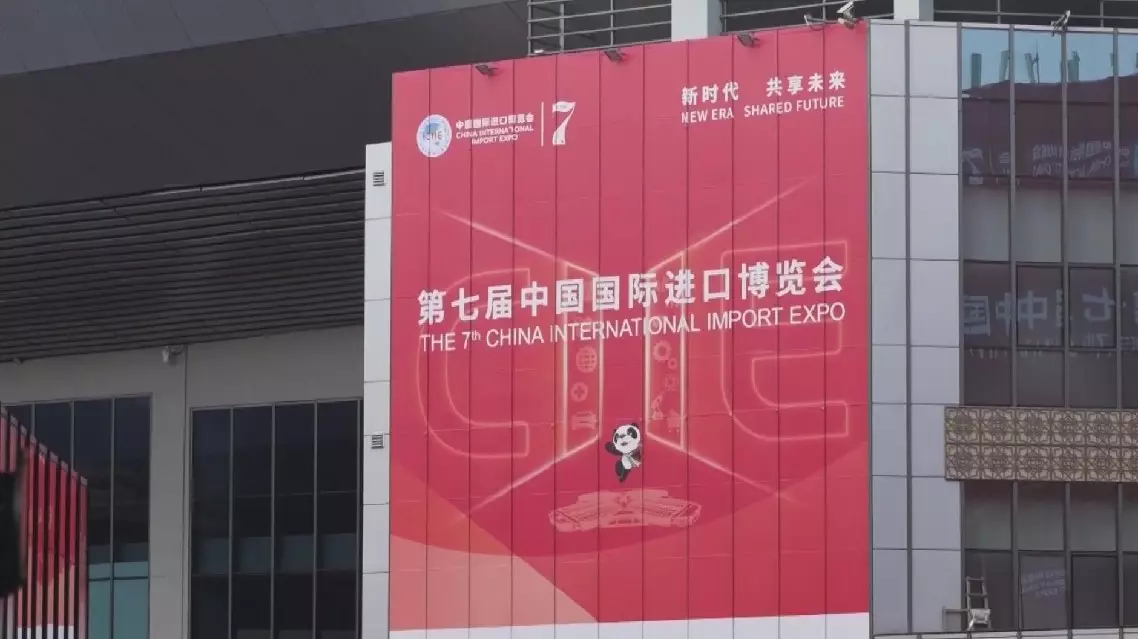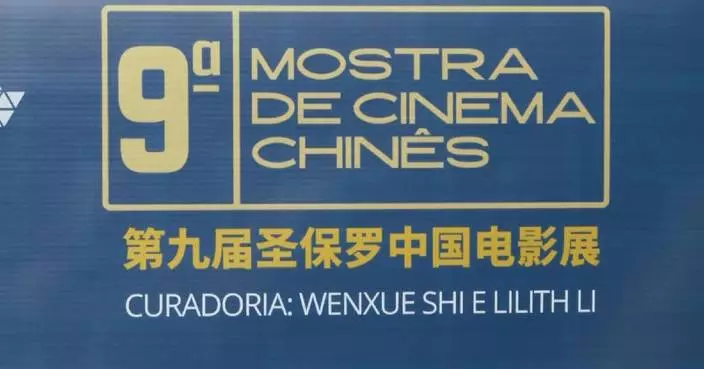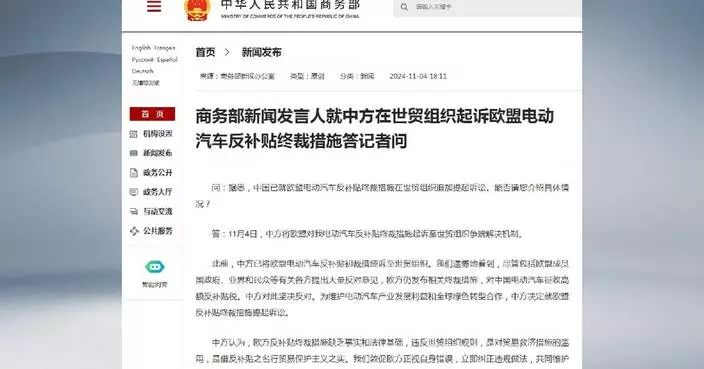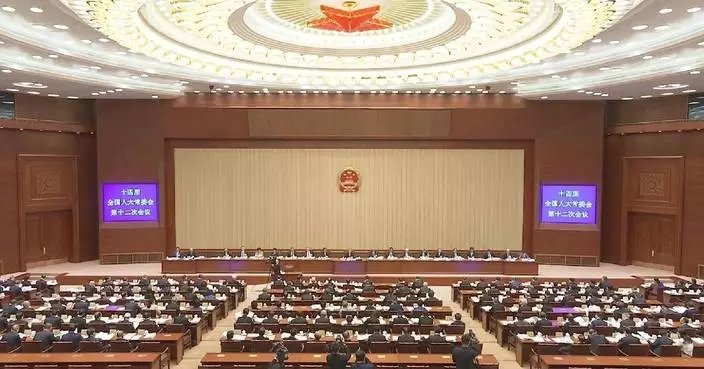The United Kingdom's (UK) choice not to follow European Union (EU)'s imposition of additional tariffs on Chinese electric vehicles (EV) will benefit its consumers, said British car dealers.
The European Commission, the EU's executive arm, announced on Tuesday its decision to impose definitive countervailing duties ranging from 7.8 percent to 35.3 percent on EVs imported from China for a five-year period.
The UK had previously announced it had no intent to follow suit, which has been welcomed by car dealers in the country.
"I hear from every client from young generations to older generations, it's affordable, and it's luxurious. I think as a country, the UK took the right decision. If the Chinese products are here, which mean you can have a lot of options to select. And then on the other hand, it will mutually benefit sharing knowledge, because China produces the world's largest batteries and they are the leader of battery manufacturing, and why we are refusing it? We should welcome them. I think it's a great decision for everyone," said Nick Weerakoon, salesman at a car dealership based in London.
Jack Perry, chairman of the 48 Group Club and CEO of the London Export Corporation, noted that the EU's decision to impose additional tariffs on Chinese EVs is short-sighted and will have negative long-term impacts on the EU.
"I think EU's decision is a short-term solution that will bring long-term problems. They will slow down and not be connected to the world in high quality, which is an area in renewable energy and high-quality development. So, I believe that they will lose traction and the consumers will be paying more in the long run. Yes, it will look like it's helping the domestic market in the beginning, but it's not forward thinking," he said.

UK's choice not to follow EU tariffs to benefit consumers: British dealers
As the 7th China International Import Expo (CIIE) approaches, major exhibitors in the healthcare and skincare sectors have expressed excitement about showcasing their innovative products, fostering collaborations and expanding their reach in the Chinese market.
Themed "New Era, Shared Future," the 7th CIIE is scheduled for November 5-10 in Shanghai, featuring participation from 152 countries, regions and international organizations, including 77 countries and international organizations for national exhibitions and nearly 3,500 exhibitors from 129 countries and regions for business exhibitions.
Many multinationals view the expo as a prime opportunity to display their latest products and seek new collaborations.
Guan Hong, a representative for the Chinese branch of the Swiss pharmaceutical company Novartis, reflected on the company's successful participation in previous CIIEs and expressed optimism about introducing innovative products to the Chinese market for the benefit of patients.
"Novartis has attended all the CIIE in the past 7 years. We've really witnessed the medicines [going] from the exhibition finally to the public. In the 2021 CIIE, we got a cooperation agreement with Hainan Bo'ao, and then we piloted the study before we got approval. Last year, we got a fast approval by NMPA (National Medical Products Administration), and now it's already benefited more than 10,000 patients in China. We really want to bring the fast-approach products and innovative products to China as soon as possible to benefit as many patients as possible," said Guan, referring to the annual Boao Forum for Asia (BFA) held in the resort town of Boao, southern China's Hainan Province and the China's National Medical Products Administration (NMPA), the country's top drug regulator.
Jean-Christophe Pointeau, global senior vice president of Pfizer, a U.S.-based pharmaceutical company, expressed optimism about signing memorandums of understanding (MoUs) at this year's edition, citing a favorable regulatory environment for foreign investment in China's biopharmaceutical sector.
"A lot of trade will happen within the ecosystem of healthcare, but also memorandums of understanding. You know that Pfizer, we have a series of MoUs we are going to sign. And recently, from the Third Plenum, we saw that the policies on high-quality development for innovation of the biopharmaceutical sector is one of them, but also policies to ease the foreign investment. So, this environment is extremely positive and extremely encouraging for the multinationals. And that's why Pfizer and other multinationals are extremely confident," Pointeau said, referring to the third plenary session of the 20th Communist Party of China (CPC) Central Committee held this July, which put great emphasis on high-quality development, technological innovation and industrial upgrading.
Japanese cosmetics giant Shiseido has a history of embracing trends in technology, from using humanoid robots in their manufacturing process to developing an augmented reality app to help give users skincare tips. Toshinobu Umetsu, president and CEO of Shiseido China, said the company plans to emphasize its innovations incorporating its products with autonomous driving at this year's CIIE.
"For this year's CIIE, we looked at the 'mobility space' with autonomous driving, which is often seen as an iconic advanced innovation around the world. We invite visitors to discover more about the cornerstone on which Shiseido's innovations are built. So, [we have] globally-leading standards in product safety and quality management," he said.
As the world's first national-level import-themed expo, the CIIE is held annually at the National Exhibition and Convention Center in Shanghai.
Since its first edition in 2018, this expo has become an important stage spotlighting China's new development paradigm, a platform for high-level opening-up and a public good for the whole world.

Global firms gear up for 7th CIIE with innovative exhibits










